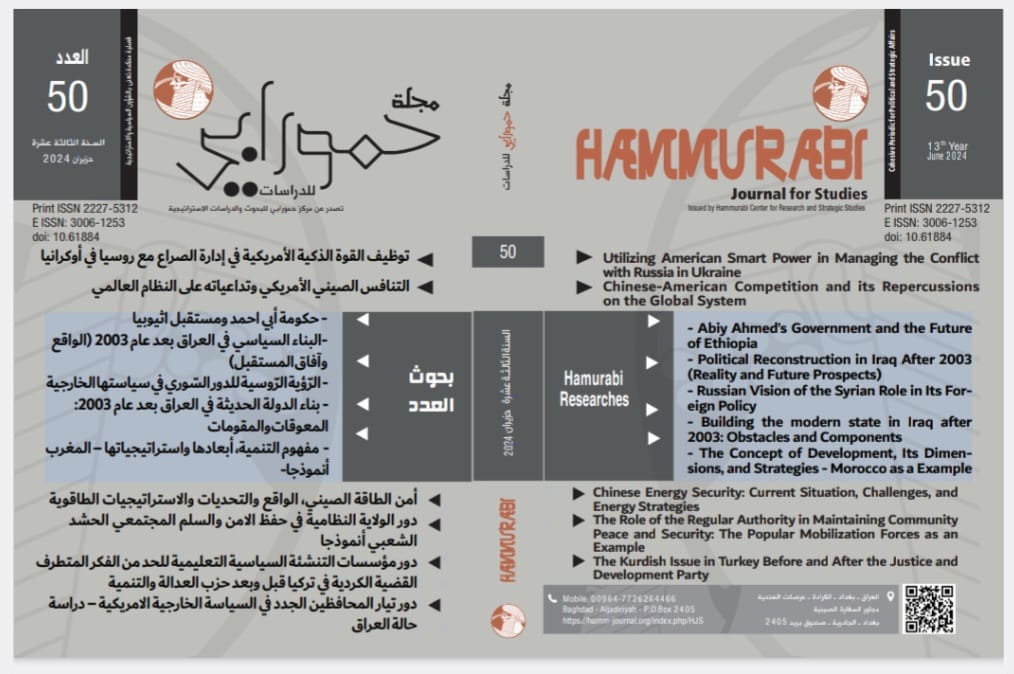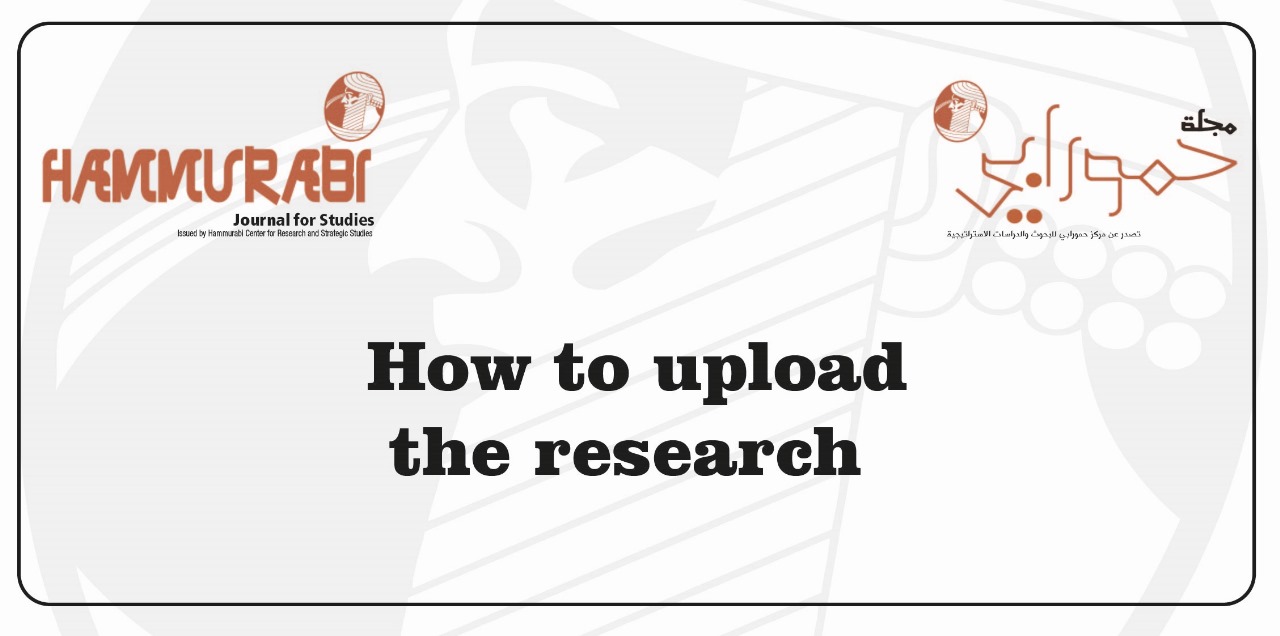Abiy Ahmed’s Government and the Future of Ethiopia
DOI:
https://doi.org/10.61884/hjs.v13i50.484Abstract
After the Ethiopian Parliament elected Abiy Ahmed as Prime Minister in 2018, signs of After being elected Prime Minister of Ethiopia in 2018, Abiy Ahmed, the signs of tribal conflict and armed violence reemerged in Ethiopia between the leaders of the old guard represented by the leaders of the Ethiopian People's Revolutionary Democratic Front and the new generation represented by Abiy Ahmed and his new ideas about the necessity of transitioning Ethiopia to a completely different reality from the three decades under the control of an elite monopolizing power and wealth in Ethiopia. This encouraged Abiy Ahmed to take a new political stance by founding the Prosperity Party and adopting new visions in state administration diverging from ethnic federalism and enhancing the power of the central government over the regions, and a confrontational stance that stripped Tigrayan leaders of their previous privileges and subjected them to accountability for the era of the previous political regime. The postponement of the 2020 elections reignited internal conflict in Ethiopia due to the Tigray region's rejection of Abiy Ahmed's decision to postpone the elections, leading the conflict to escalate into a bloody confrontation until both sides yielded to calls for a ceasefire and sitting down for negotiations..
Keywords: Abiy Ahmed, Conflict in Ethiopia, Ethnic Federalism, Tigray Region, Law Enforcement












